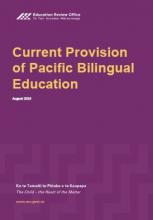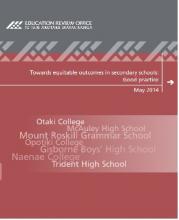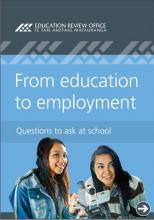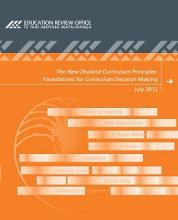Current Provision of Pacific Bilingual Education
Based on surveys and interviews of 25 schools, this report describes the current state of Pacific bilingual units in New Zealand: their philosophy, curriculum, teaching, assessment and transition practices, tracking of learners’ pathways and outcomes, and the support they receive.









